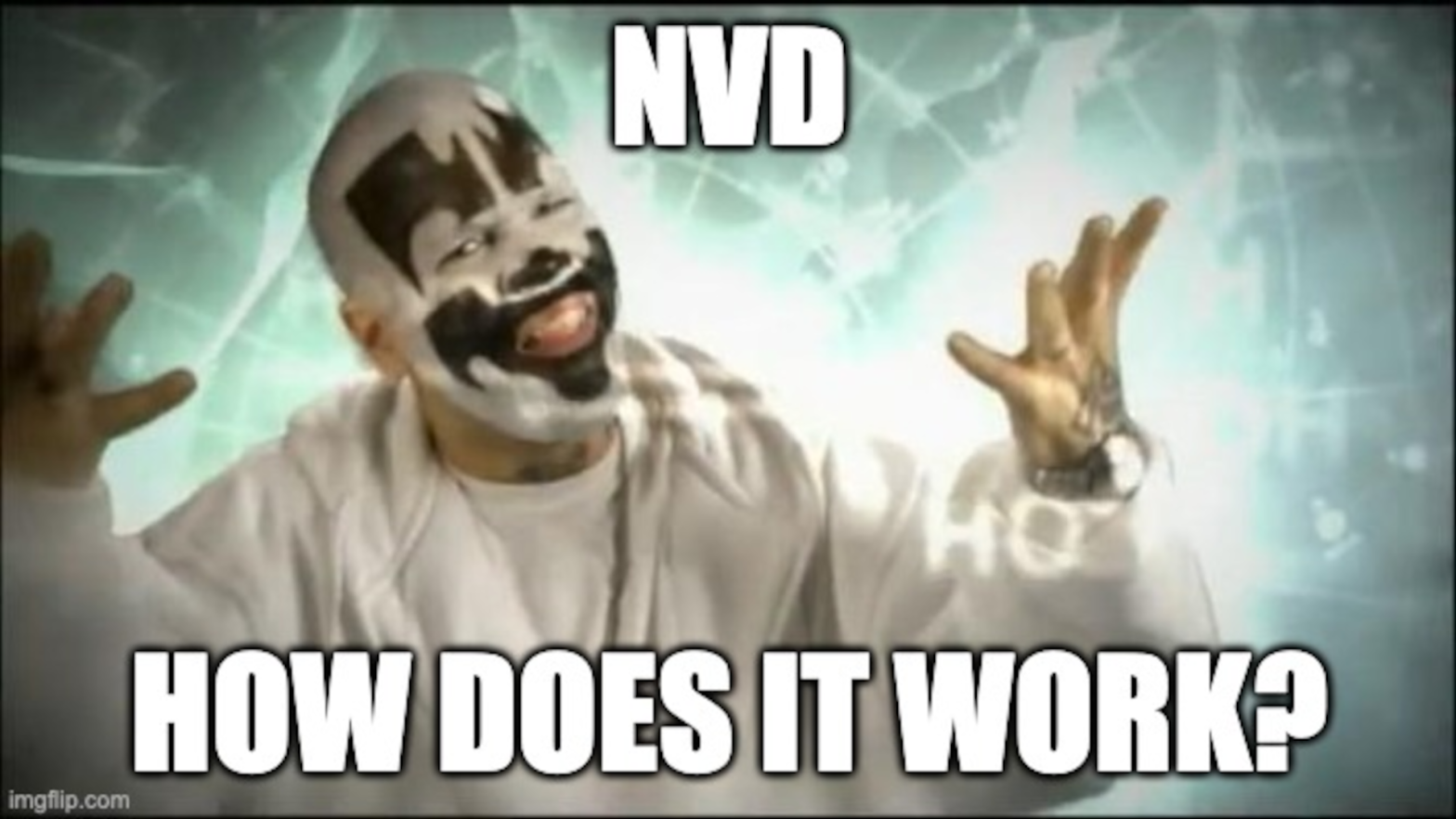Josh and Kurt talk about a new to sign artifacts on GitHub. It’s in beta, it’s not going to be easy to use, it will have bugs. But that’s all OK. This is how we start. We need infrastructure like this to enable easier to use features in the future. Someday, everything will be signed by default.
Episode 427 – Will run0 replace sudo?
Episode 426 – Automatically exploiting CVEs with AI
Josh and Kurt talk about a paper describing using a LLM to automatically create exploits for CVEs. The idea is probably already happening in many spaces such as pen testing and intelligence services. We can’t keep up with the number of vulnerabilities we have, there’s no way we can possibly keep up with a glut of LLM generated vulnerabilities. We really need to rethink how we handle vulnerabilities.
Show Notes
Episode 425 – Video game cheaters, also pretendo
Josh and Kurt talk about a database of game cheaters. Cheating in games has many similarities to security problems. Anti cheat rootkits are also terrible. The clever thing however is using statistics to identify cheaters. Statistics don’t lie. Also, we discuss the Pretendo project sitting on a vulnerability for a year, is this ethical?
Show Notes
Episode 424 – The Notepad++ Parasite Website
Josh and Kurt talk about a Notepad++ fake website. It’s possibly not illegal, but it’s certainly ethically wrong. We also end up discussing why it seems like all these weird and wild things keep happening. It’s probably due to the massive size of open source (and everything) now. Things have gotten gigantic and we didn’t really notice.
Show Notes
Episode 423 – FCC cybersecurity label for consumer devices
Josh and Kurt talk about a new FCC program to provide a cybersecurity certification mark. Similar to other consumer safety marks such as UL or CE. We also tie this conversation into GrapheneOS, and what trying to claim a consumer device is secure really means. Some of our compute devices have an infinite number of possible states. It’s a really weird and hard problem.
Show Notes
XZ Bonus Spectacular Episode
Josh and Kurt talk about the recent events around XZ. It’s only been a few days, and it’s amazing what we already know. We explain a lot of the basics we currently know with the attitude much of these details will change quickly over the coming week. We can’t fix this problem as it stands, we don’t know where to start yet. But that’s not a reason to lose hope. We can fix this if we want to, but it won’t be flashy, it’ll be hard work.
Show Notes
Episode 422 – Do you have a security.txt file?
Episode 421 – CISA’s new SSDF attestation form
Josh and Kurt talk about the new SSDF attestation form from CISA. The current form isn’t very complicated, and the SSDF has a lot of room for interpretation. But this is the start of something big. It’s going to take a long time to see big changes in supply chain security, but we’re confident they will come.
Show Notes
Episode 420 – What’s going on at NVD
Josh and Kurt talk about what’s going on at the National Vulnerability Database. NVD suddenly stopped enriching vulnerabilities, and it’s sent shock-waves through the vulnerability management space. While there are many unknowns right now, the one thing we can count on is things won’t go back to the way they were.









